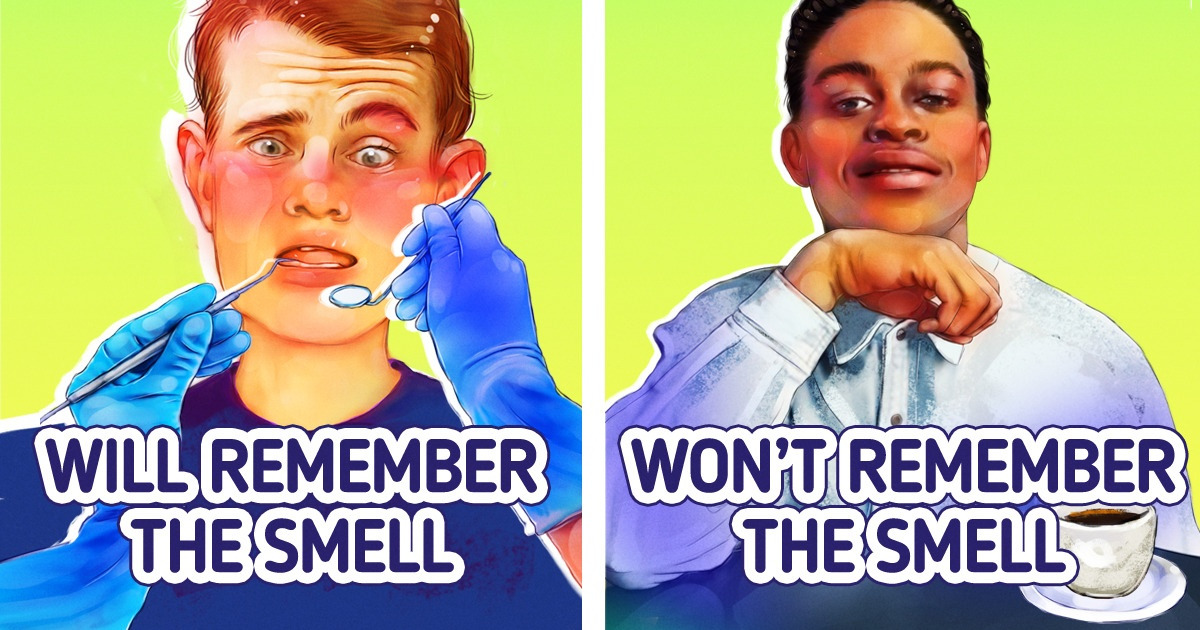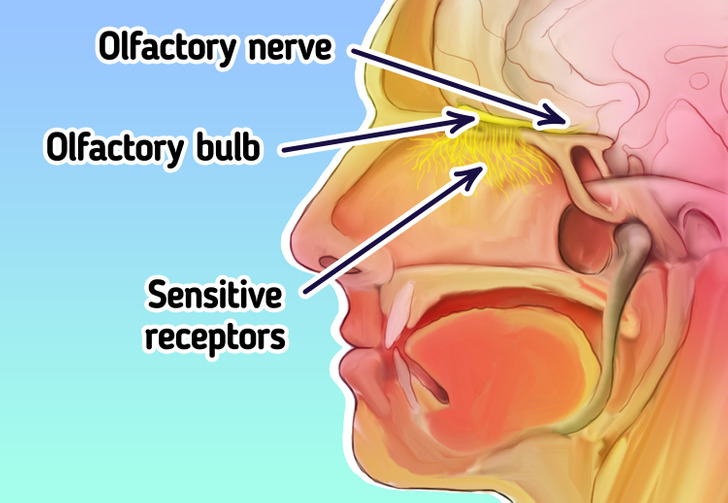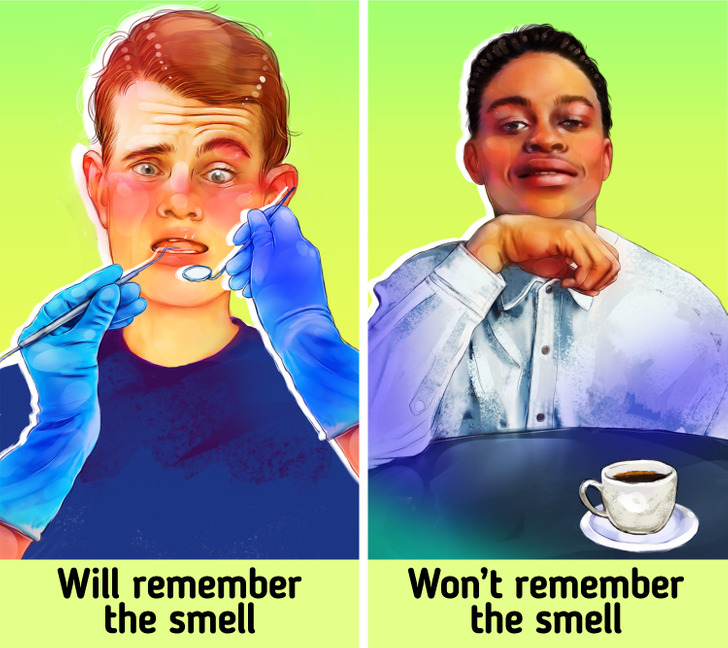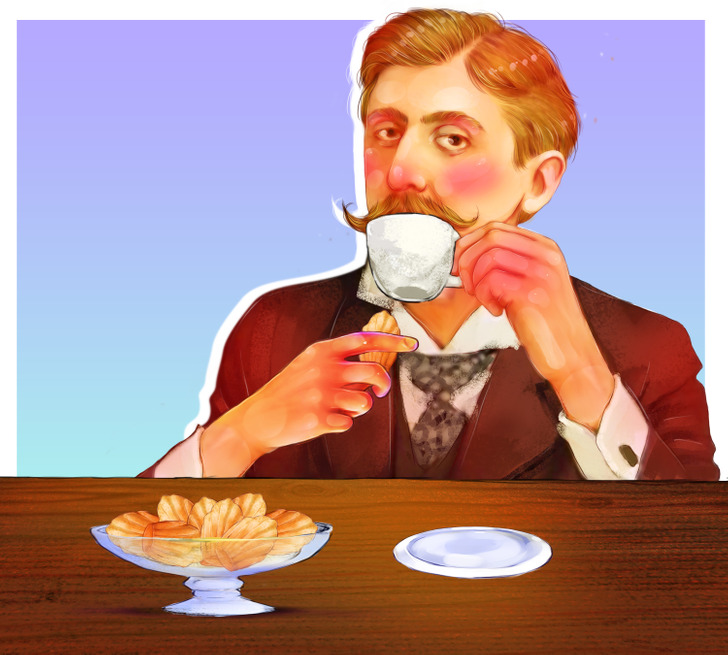Why Smells Bring Back Memories

Have you ever noticed that even a light smell can cause the feeling of nostalgia about certain times or an event in your life? This phenomenon has a scientific explanation.
5-Minute Crafts has carefully studied how the olfactory system and the brain are connected and is going to tell you why smells cause memories.
Olfactory system

The olfactory system is responsible for the perception of smells. It consists of 2 parts: the main one and the accessory one. The first one is responsible for detecting volatile odors, and the second one is for detecting non-volatile odors.
One of the main tasks of the olfactory system is the ability to detect different tastes. Without it, we would be limited by 5 main ones: sweet, salty, sour, bitter, and the newly discovered “umami” or savory sensation. We have already written about the latter. We experience all other tastes thanks to smell.
However, the abilities of the olfactory system are not only limited by the aforementioned things.
How scent, the brain, and emotions are connected.

The sense of smell is closely related to the brain. If we simplify the whole process as much as possible, then we get the following — all smells go directly from the nose to the limbic system, including the amygdala and the hippocampus. While these areas are associated with emotions and memory.
Such a close connection has the effects that some odors can arouse emotion (both positive and negative) and bring back long-forgotten memories. Moreover, they are capable of affecting the psychological and physiological condition of a person.
When experiencing strong emotional stress, a person might remember a smell that goes along with this event and later, when they encounter this smell again, they will relive the initial emotions. Thus, for example, if a person smells clove or clove oil, then there is a high probability that they will recall a dental office. The thing is that eugenol, a substance that is part of temporary fillings for teeth, has the smell of clove oil. Therefore, our brain remembers this event when it encounters a familiar smell again. That’s why our brain recalls the event when it encounters the familiar scent again.
The reaction to smell is an ancient, almost primitive skill thanks to which our ancestors survived and reproduced. Thus, for example, having smelled a predator, an ancient man started to feel fear and realized that he needed to run.
That’s why if the moment of a strong emotional event goes along with some smell, in the future this smell will cause strong emotional feedback, while the feedback will shape the memory.
Proustian Memory phenomenon

Proustian Memory is the ability of the brain to cause associations thanks to only one scent. The phenomenon got its name thanks to the French writer Marcel Proust. Though he had no psychological education, Proust managed to describe this phenomenon in his works in detail. For example, one of the characters of his novel is eating a cookie soaked with tea and this process starts a chain of bright childhood memories and associations in him.
Today, we can confidently say that the effect described by Prous exists not only on the pages of his novels. Our memory is tightly connected with the perception of smells. And sensing some aroma might take us back through the time.